Mehak Vohra started her own business after dropping out of college in 2016. She created Jamocha Media, a company for personal branding and communication. Later, she started Skillbank, an online marketing training program. But early this year, she left Skillbank and joined a bigger company as a marketing leader.
This is the first time in her life she's working for someone else instead of being the boss.
"I just wanted a break," Vohra said. "It's nice to have someone tell me what to do." It's easier to be an employee than a boss
According to data from Pitchbook, a research company, 3,200 startups in the US closed in 2023. This year, the number might be higher because it's harder to get money from investors. This is making new business owners think about whether they want to keep running their own companies.
Mehak Vohra. Photo: Linkedin

Ishita Arora, who started and ran Dayslice – a planning tool for businesses – says: "The idea of being a founder seems more exciting before you actually become one." In December 2023, when she saw her company wasn't growing as fast as investors wanted, she decided to close Dayslice and give the remaining money back to investors.
"I have many friends who are founders and almost all of them are struggling, dreaming about what life would be like if they were employees," Arora added. Early this year, she joined Instrument1, a platform for non-profit organizations. "In terms of sleep quality and enjoying weekends, being an employee is clearly easier."
Mehak Vohra on an Interview w/ Jason Calacanis (4 years old video)
4 other founders told Business Insider that they have a better quality of life, without sleepless nights or constant pressure from running a startup. According to Vohra, her work-life balance is better now. "I used to feel extremely stressed. Now, I feel more relaxed and don't feel bad when I go out."
Also, their income is much higher, at least double what they made as founders because most of their pay is linked to company shares. "Now, I can save money and treat myself better. Small things like being able to pay for a massage," she said.
They also don't feel alone when running the company. "I think I was really lonely," said Jacek Prus – who started two sustainable food startups in San Francisco. "You're the only one making decisions and everyone is waiting for you to decide."
Prus joined Farmed Animal Funders as a Senior Development Director in early 2024. He believes he'll make a bigger impact as part of a larger organization.
Experts say founders face extra challenges in a tough market. Fear and economic uncertainty put more pressure on leaders. However, many suffer in silence because they worry that if they talk openly about mental health, they'll lose respect from their team. Meanwhile, investors might see this as a weakness and try to replace them. So, many people hide their weakness behind a tough exterior. They only share their feelings with family or other founders.
For founders used to the fast pace of running a startup, joining a bigger company can sometimes feel boring and frustrating, even making them want to "pull their hair out," according to Sci Chandrasekar, a manager at venture capital firm Point72 Ventures.
"When you're used to being completely in charge, a big company can feel slow because all decisions need to go through committees. Things they could do on their own now need approval," Chandrasekar points out. "I see many people who are 'born to be founders' go back to being founders sooner or later because they don't want to work for anyone but themselves."
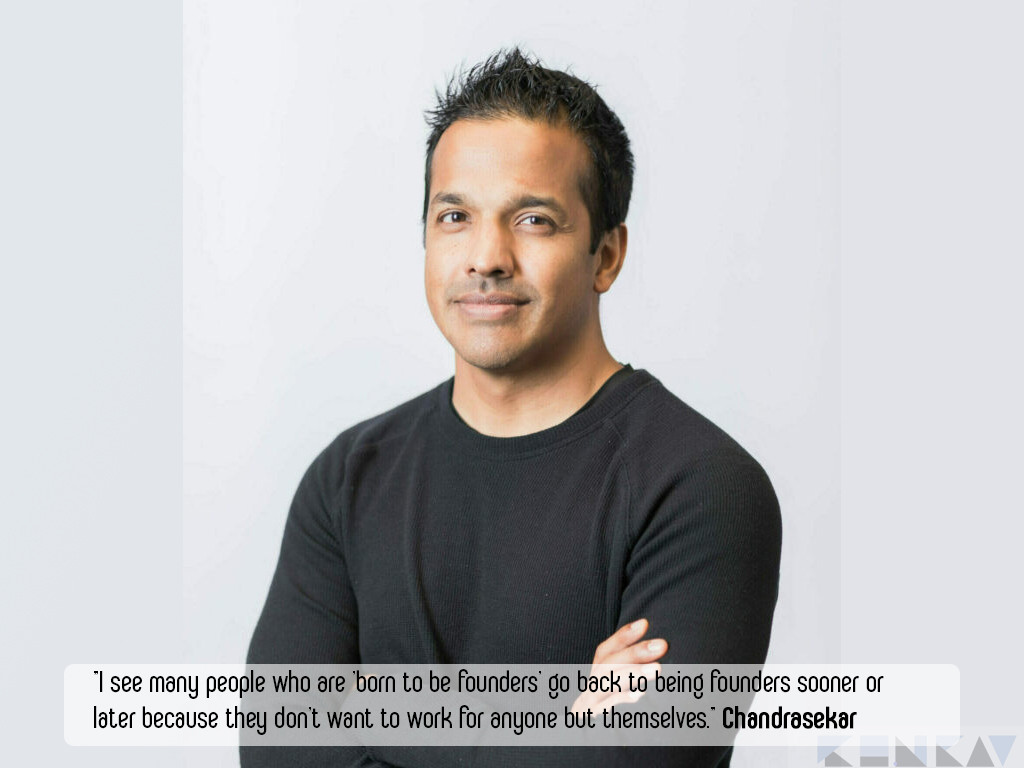
According to Business Insider, most founders say they miss the busy rhythm of their old life and plan to start another company after resting, learning new skills, and when the business environment is better.
"I love developing something that many people use, and I also love being completely in charge. Even though I had to leave some things behind to join another company, I'm seeing everything I'm doing now as a learning experience," Vohra said. "I never wanted to be part of a bigger organizational machine. It's just not appealing to me."
Another founder who recently started working for a fintech company after his startup was bought says he misses the challenges and deadlines of running a startup. He keeps a relatively "simple" lifestyle even though he earns nearly three times as much as when he was a founder.
"I don't want to get stuck in the comfort of making more money. I want to start more companies," he said.


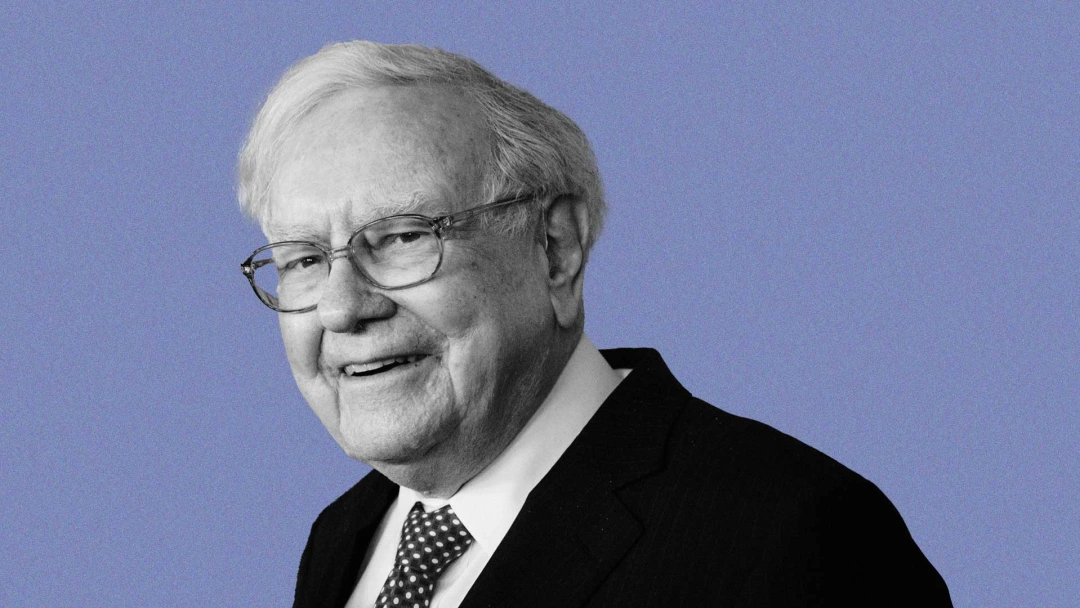




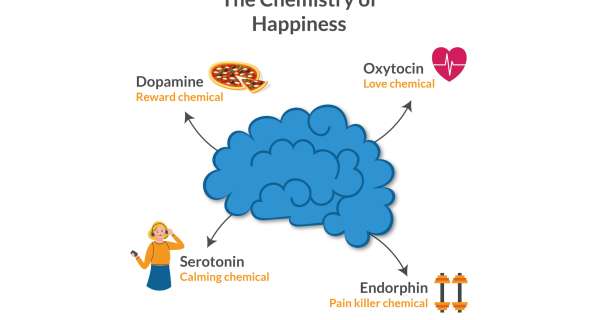

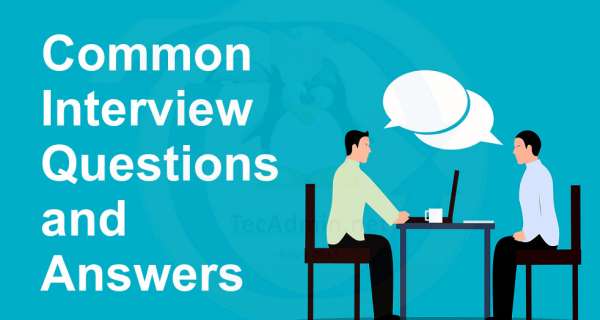

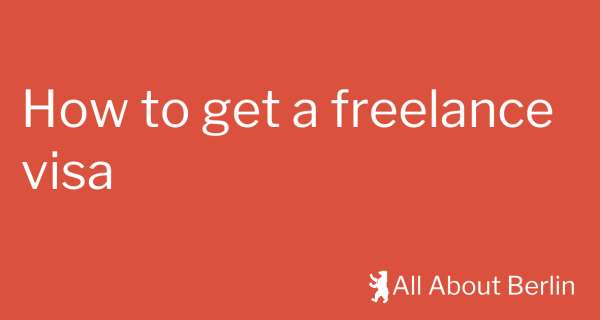






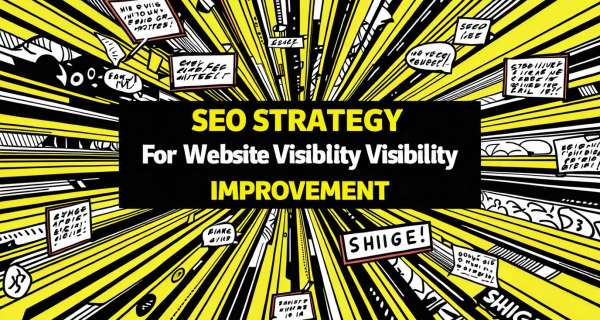
0 Comments